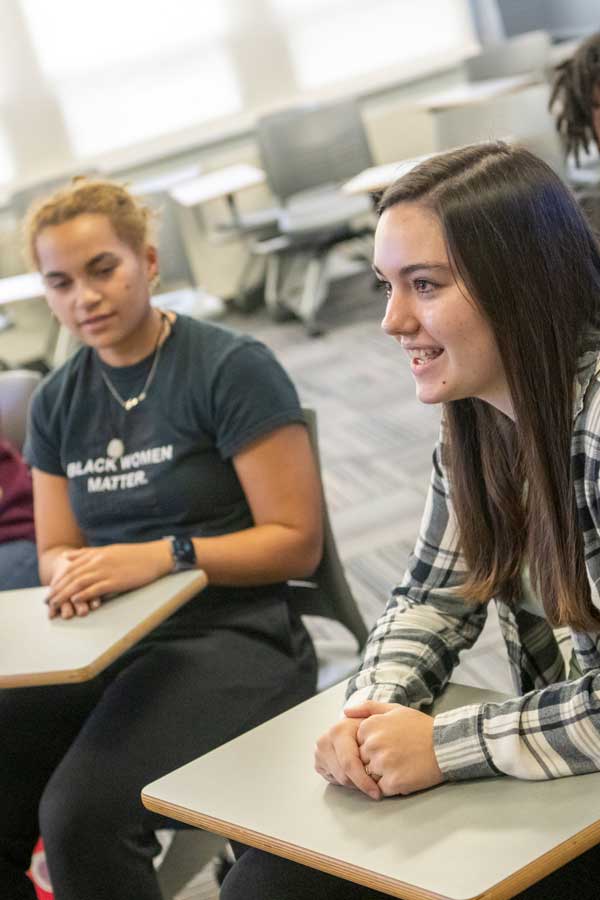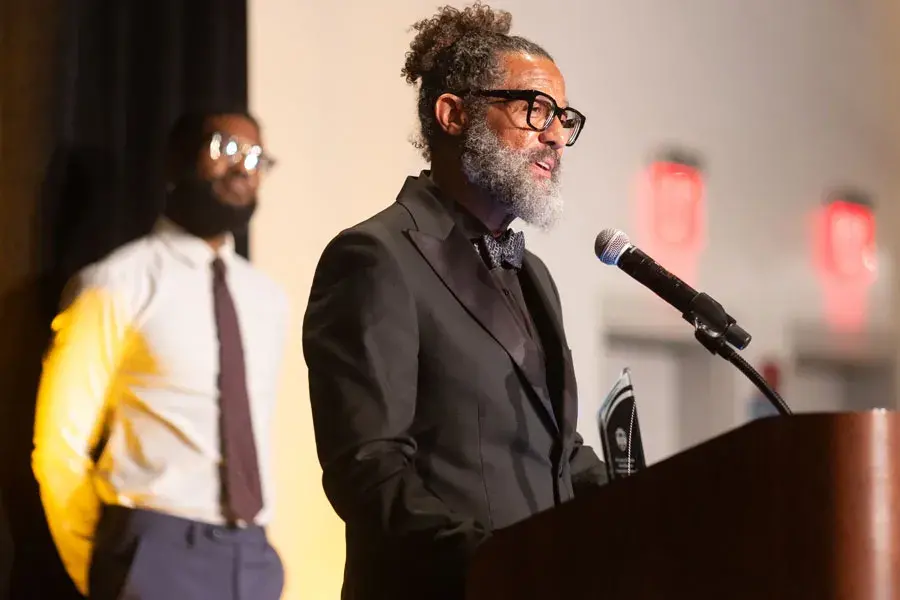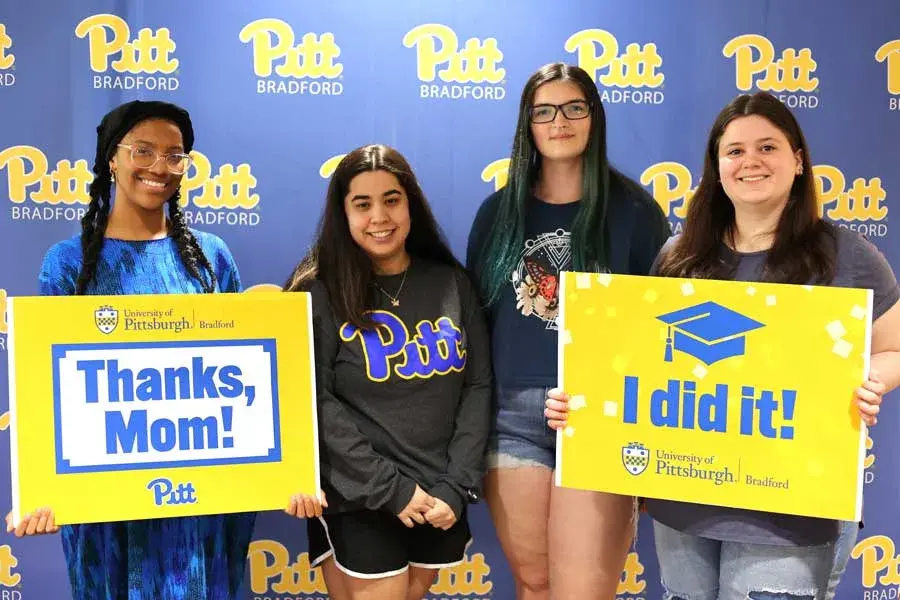
History-Political Science - BA
Discover how human societies have developed through conflict and cooperation, and the ideas and institutions we have developed to govern ourselves.
Why study history-political science at Pitt-Bradford?
You’ll get a strong foundation in two complementary disciplines, which will equip you to understand the institutions, ideas, and social and political forces that have shaped – and continue to shape – the United States and the world. At the same time, you’ll develop the critical thinking, research, and written and oral communication skills and the capacity for independent, creative thought and work that are most desired by employers.
Our small program has dedicated faculty who will empower you to chart your own course while also giving you the support and resources you deserve. You’ll have the opportunity to intern at a local or national organization, supported by our strong alumni network and established relationships with local public history institutions.
What will I learn?
Your courses will be diverse, covering areas such as American government, comparative and international politics, global history, the histories of world regions such as East Asia and Latin America, political theory, and policy. Courses are designed to overlap with and support one another, which will help you think about issues from different perspectives and get the most out of your education in two disciplines.

What can I do with a degree in history-political science?
Like many of our graduates, you can have an exciting career in diplomacy, law, humanitarian organizations, nongovernmental organizations, government and policy, intelligence and global security, higher education, and museums and archives. You may also choose to pursue a graduate or professional degree in history, political science, international relations, law, public policy and public administration.
Job titles:
- Analyst
- Intelligence analyst
- City manager
- Consumer advocate
- Historian
- Historical archivist
- Human rights advocate
- Labor relations specialist
- Museum curator
- Political consultant
Employers:
- Business and industry
- Electoral campaigns
- Political parties
- Federal, state and local government
- Special-interest groups
- Think tanks
- Nonprofit organizations
- Research foundations
- Museums, historical societies and archives
- Public opinion and consulting firms
Success Stories
Hayley Madl ’21
Bachelor’s degree in history/political science Researcher, podcast producer and Army foreign language specialist.
Dominick Giannini ’21
From an early age growing up in Warren, PA, Dominick Giannini had an inexplicable fascination with politics.
Miles Davis-Matthews ’21
Advocacy isn’t just a calling for Miles Davis-Matthews, it’s a deeply personal mission rooted in his lived experiences.
-
HIST 1329
Mexico and the United States since 1821This course explores the interwoven national histories of Mexico and the United States, north America’s two largest republics, from the early nineteenth century to the present. It considers the most significant events and processes linking the U.S. and Mexico and traces the roots of their most pressing shared issues today, including migration, the drug wars, border policing, tourism, and trade (legal and otherwise). This course also situates the history of Mexico and the U.S. within broader trends and processes in global history. -
PS 1354
LGBTQ PoliticsThis course explores the theory and practice of lesbian, gay, bisexual, transgender, and queer (LGBTQ) politics globally with attention to law and the courts as well as public opinion and media coverage. We will address topics including, but not limited to: LGBTQ rights movements, (de)criminalization, discrimination, marriage and relationship recognition, adoption and parenting, transgender rights and gender recognition, and differing experiences of LGBTQ people based on age, race, and citizenship status.
Program-Related News

Fulbright-Hays trip broadens faculty perspective
Professors return from West Africa with insights that reshape how they teach.

Professor appears in new documentary
Gaskew talks about Pittsburgh civil rights activist.

Graduates head to police academy, graduate school
New grads include first environmental engineering technology graduate.


